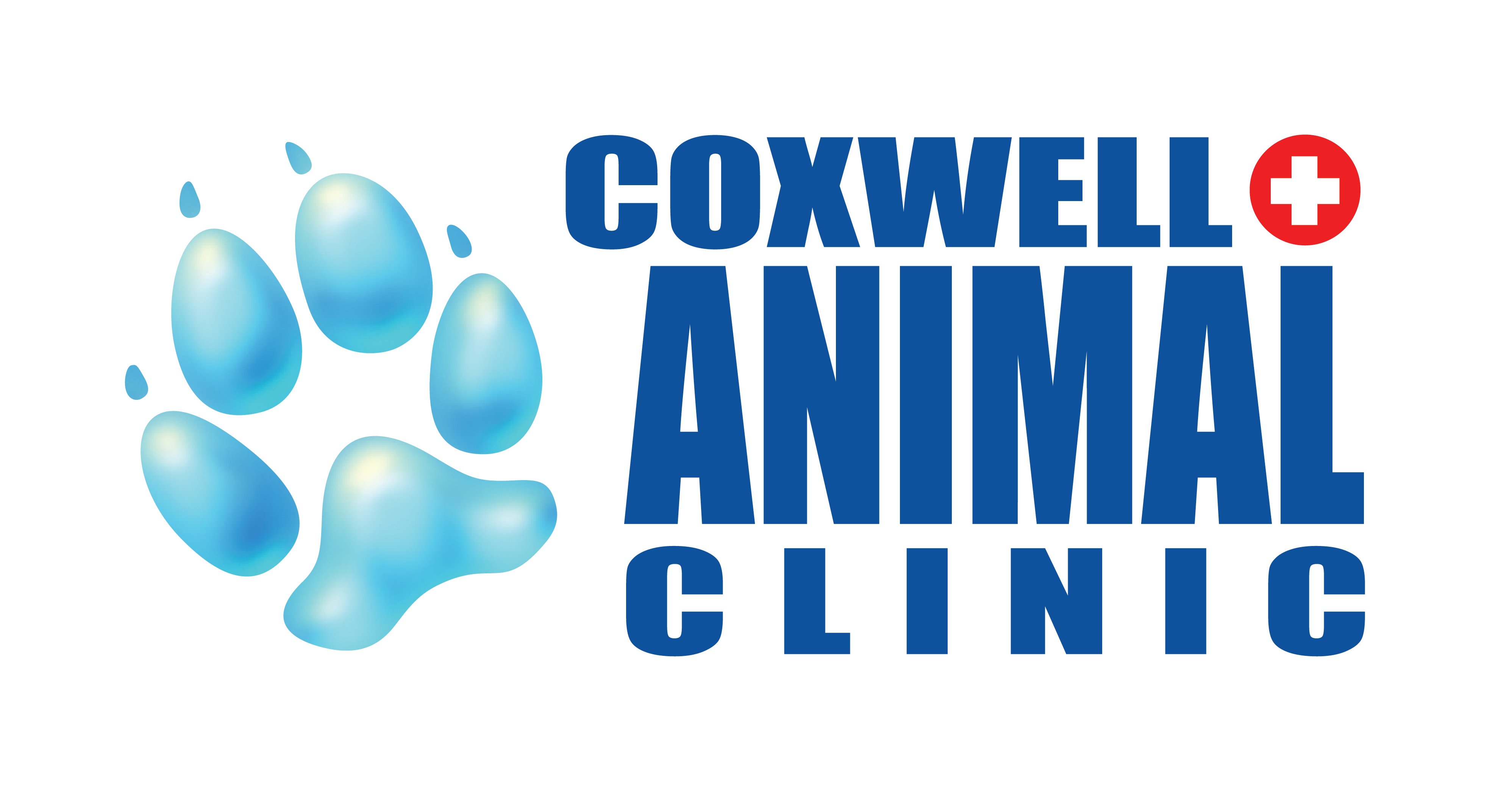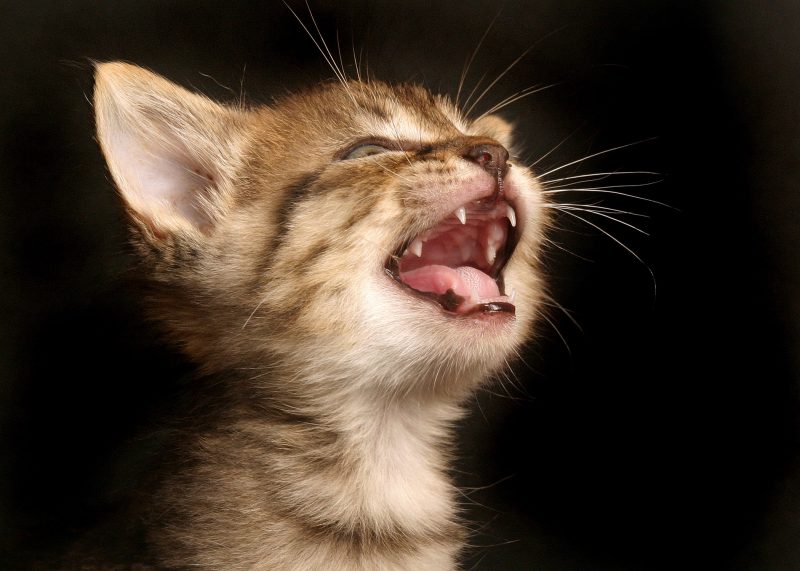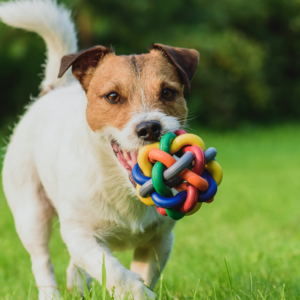Dental disease can cause health problems not only in your pet’s mouth but also causing serious health concerns in their kidneys, heart and lungs. Proper dental hygiene can prevent serious health concerns and discomfort for your pet. So why is it overlooked by so many owners? We are hoping to change that at Coxwell Animal Clinic by educating clients on what periodontal disease is and how they can prevent it in their pets.Periodontal disease starts out with a bacterial film on the teeth called plaque (that fussy layer that forms on your teeth if you haven’t brushed them). Plaque is a clear film that you cannot see, but bacteria easily attach to. This film can become mineralized by the saliva in your pet’s mouth, forming calculus (tartar). Calculus is the hard, rough, yellow layer you may see on your pet’s teeth. This layer allows for more plaque and bacteria to accumulate. This buildup leads to inflammation of the gum tissue or gingivitis. With gingivitis, the gums are red, swollen and bleed easily. This stage is painful for your pet.
Initially brushing your pet’s teeth can remove this plaque build up and improve the health of the gums. However, once this process starts to move below the gum line, a professional cleaning will be needed to help manage it.
If left unmanaged this infection will eventfully move down the teeth destroying its attachment to the jaw and potentially forming abscesses at the roots. In advanced periodontal disease, the teeth may become loose and very painful. Your pets may not let on how painful they are because it is something that develops slowly over time. Our pets also have stronger natural instincts than we do, and showing weakness is disadvantageous.
All of this can be prevented with regular dental home care and regular dental checkups with your veterinarian. From your first puppy or kitten appointment, your veterinarian will be examining your pet’s teeth for problems related to retained deciduous teeth (baby teeth), missing teeth, or extra teeth. As your pet ages, your veterinarian will continue to monitor for the build up of calculus and periodontal disease, as well as other abnormalities like oral tumours.
Your veterinarian may recommend a dental cleaning. This procedure is done under general anesthetic and involves and comprehensive examination of each tooth as well as dental radiographs (x-rays). Based on this thorough evaluation, your veterinarian may recommend the extraction of painful and infected teeth. This not only helps to prevent the spread of infection throughout your pet’s body but also leads to happier and more comfortable pets.
As a pet owner, you play an important role in your animal’s dental care. With regular brushing and checkups with your veterinarian, your pet will live a longer and healthier life. If you are not sure if your pet has periodontal disease or do not know how to approach brushing your pet’s teeth, then book an appointment with your veterinarian at Coxwell Animal Clinic. We are here to help!
Written by Dr. Monica Marshman, DVM, BSc




